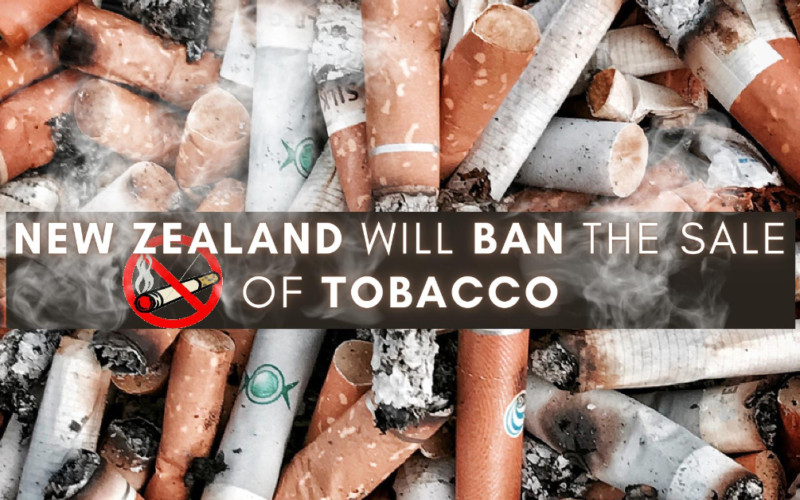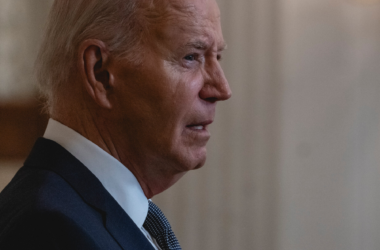Health and tobacco advocacy groups expressed deep concern on Monday over New Zealand’s decision to repeal groundbreaking laws aimed at banning tobacco sales for future generations. Experts argue that this move not only jeopardizes lives but also undermines global efforts to combat smoking.
The newly formed centre-right coalition in New Zealand plans to discard laws introduced by the previous Labour-led government, as outlined in coalition agreements published on Friday. The proposed measures included a ban on selling tobacco to individuals born after January 1, 2009, a reduction in nicotine levels in tobacco products, and a drastic reduction in the number of retailers authorized to sell tobacco, exceeding 90%.
These measures constituted some of the most stringent anti-tobacco regulations globally, prompting concerns about the potential impact on international initiatives. The United Kingdom subsequently considered a similar ban on smoking for future generations, with other countries also contemplating comparable rules.
Boyd Swinburn, co-chair of Health Coalition Aotearoa in New Zealand, lamented the repeal, stating, “This is a major loss for public health and a huge win for the tobacco industry – whose profits will be boosted at the expense of Kiwi lives.”
Health Coalition Aotearoa highlighted academic research suggesting that the abandoned laws could have saved approximately $1.3 billion in health system costs over a 20-year period, contributing to reduced mortality rates.
The Department of the Prime Minister and Cabinet in New Zealand has not yet responded to requests for comment outside regular business hours.
Sarah Jackson, Principal Research Fellow in the University College London Tobacco and Alcohol Research Group, warned that New Zealand’s reversal could influence policy decisions in other nations, potentially derailing similar initiatives.
In addition to repealing the tobacco ban, the coalition government plans to implement tax measures on smoked products exclusively and overhaul regulations for alternatives like vapes. This includes a ban on disposable vapes and stricter penalties for those selling these products to underage customers.
Incoming Finance Minister Nicola Willis argued that the former government’s measures would have significantly reduced tax revenues. However, Deborah Arnott, chief executive of the UK health charity ASH, countered this, stating that smoking costs public finances nearly double the revenue generated from tobacco taxes.
As the debate continues, the global health community closely watches the repercussions of New Zealand’s decision, with concerns about potential setbacks in the broader fight against tobacco use.








